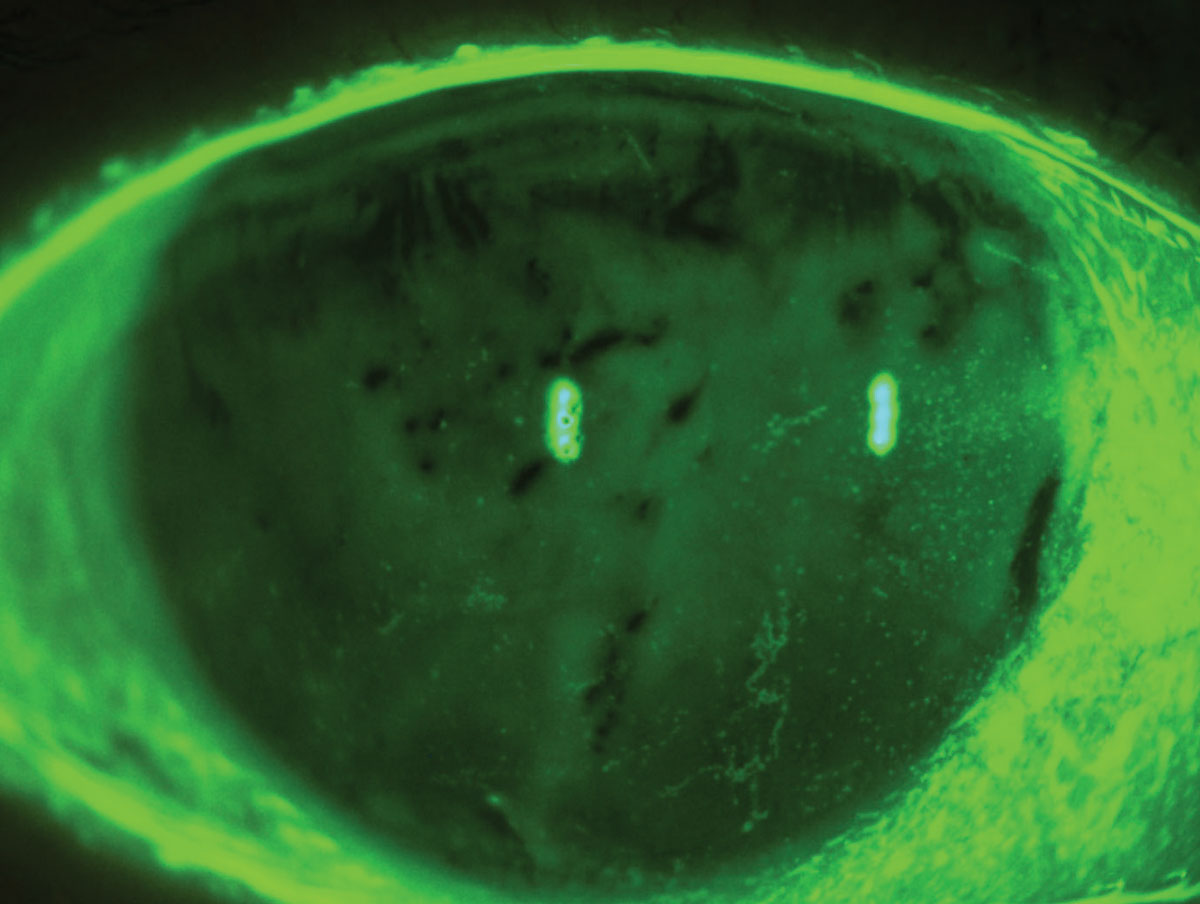 |
| Most information available online about dry eye isn't entirely accurate, study shows. Photo: Luis Rojas, OD. Click image to enlarge. |
Given the abundance of information available online, more and more patients are turning to the internet for information about their health. Therefore, it is vital that the resources they are using are reliable, accurate and easy to understand. This is particularly important for a condition like dry eye disease whose treatments continue to evolve.
A recent cross-sectional study sought to assess the quality, reliability, readability and technical qualities of websites that provide information geared toward patients with dry eye. The first 75 websites on a Google search using the keywords “dry eyes” were evaluated. Two independent reviewers assessed the quality and reliability of each site. The study authors also analyzed interrater reliability and used six measures to assess readability. They determined technical quality by the presence of 10 specific features. Websites were categorized into institutional and private.
Data revealed no significant difference in scoring between the two reviewers. Technical quality was higher for institutional websites when compared with their private counterparts. However, the researchers observed poor readability across all websites, with most not achieving above a ninth grade reading level.
Given the significant impact dry eye disease has on quality of life as well as the economic burden of the condition, the study authors emphasized the importance of accurate and readable information. “Providing patients with reliable, quality data that can be easily understood is paramount in helping to mitigate their disease and improve their quality of life,” they noted in their paper, published in Cornea. “However, quality, reliability and readability scores were low for most websites.”
“Although institutional websites achieved higher scores than private websites, revision is warranted for all websites to improve their overall quality of information and readability profile for the benefit of the patient,” the researchers concluded.
Oydanich M, Kuklinski E, Asbell PA. Assessing the quality, reliability, and readability of online information on dry eye disease. Cornea. March 24, 2022. [Epub ahead of print]. |


